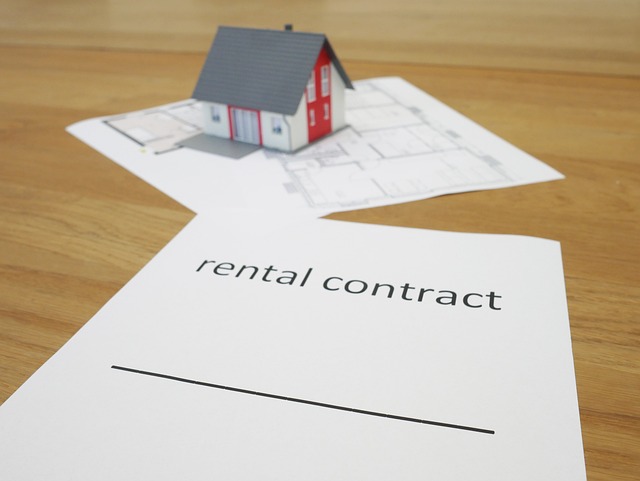What to Know About Finding the Right Apartment for Rent
In today’s fast-paced world, finding an apartment is about more than just having a place to live — it’s about choosing the right lifestyle, comfort, and flexibility. Whether you're looking for a cozy 2-bedroom space or exploring 1–3 bedroom homes, understanding how the U.S. rental market works can help you make a smart and confident move.

How do I start my search for affordable apartments?
Looking for affordable apartments near you can be an exciting yet daunting task. Begin by determining your budget and desired location. Utilize online rental platforms, local real estate websites, and social media groups to browse available options. Don’t forget to ask friends, family, and colleagues for recommendations, as word-of-mouth can often lead to hidden gems in the rental market.
What factors should I consider when choosing an apartment?
When exploring 1–3 bedroom homes, consider factors beyond just the number of rooms. Evaluate the apartment’s layout, natural light, storage space, and overall condition. Think about your daily routine and prioritize amenities that matter most to you, such as in-unit laundry, parking, or a fitness center. Location is crucial too – factor in your commute time, proximity to public transportation, and access to essential services like grocery stores and healthcare facilities.
How important are flexible leases in today’s rental market?
Flexible leases have become increasingly popular, especially in a dynamic job market. These arrangements can offer shorter terms or the ability to extend your stay without long-term commitments. When exploring apartments, inquire about lease flexibility options. Some landlords may offer month-to-month agreements or the ability to sublet, which can be advantageous if you’re uncertain about your long-term plans or prefer the freedom to move on short notice.
What makes the right apartment the right fit for you?
Finding the perfect apartment is a personal journey. Consider your lifestyle, hobbies, and future plans. If you work from home, a dedicated office space might be crucial. For pet owners, pet-friendly policies and nearby parks are important. Think about your social life – do you prefer a quiet neighborhood or a bustling area with nightlife? The right apartment should align with your personal preferences and support your daily routines and long-term goals.
What should I know about apartment viewing and application processes?
When viewing apartments, pay attention to details like water pressure, noise levels, and the overall cleanliness of the building. Don’t hesitate to ask questions about maintenance procedures, utility costs, and building policies. Be prepared for the application process by having necessary documents ready, such as proof of income, references, and identification. Many landlords now offer virtual tours and online applications, streamlining the process for prospective tenants.
How do rental prices vary across different apartment types and locations?
Rental prices can vary significantly based on apartment size, location, and amenities. In the United States, the cost of renting can differ dramatically from one city to another and even between neighborhoods within the same city. Here’s a general overview of average monthly rent prices for different apartment types in various U.S. regions:
| Apartment Type | Northeast | Midwest | South | West |
|---|---|---|---|---|
| Studio | $1,200 | $800 | $900 | $1,300 |
| 1 Bedroom | $1,500 | $1,000 | $1,100 | $1,600 |
| 2 Bedroom | $1,800 | $1,200 | $1,300 | $1,900 |
| 3 Bedroom | $2,200 | $1,500 | $1,600 | $2,300 |
Prices, rates, or cost estimates mentioned in this article are based on the latest available information but may change over time. Independent research is advised before making financial decisions.
Remember that these are average figures, and actual prices can vary widely based on specific locations, building quality, and included amenities. Urban centers and popular neighborhoods typically command higher rents compared to suburban or rural areas. Additionally, luxury apartments or those in newly developed complexes often come with premium price tags.
When budgeting for an apartment, don’t forget to factor in additional costs such as utilities, parking fees, and potential amenity charges. Some apartments may include certain utilities in the rent, while others require tenants to pay for them separately. Always clarify what’s included in the rent before signing a lease to avoid unexpected expenses.
In conclusion, finding the right apartment for rent involves careful consideration of your budget, lifestyle needs, and long-term goals. By thoroughly researching your options, understanding the local rental market, and being prepared for the application process, you can increase your chances of finding a home that truly fits you. Remember that the perfect apartment balances affordability, comfort, and convenience, aligning with your personal definition of what makes a space feel like home.




